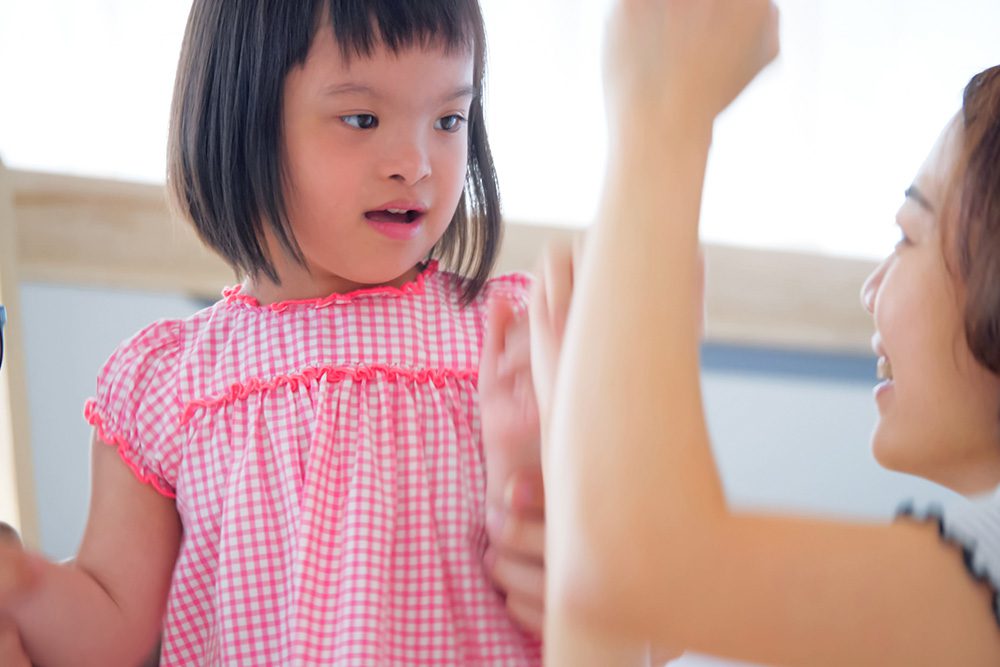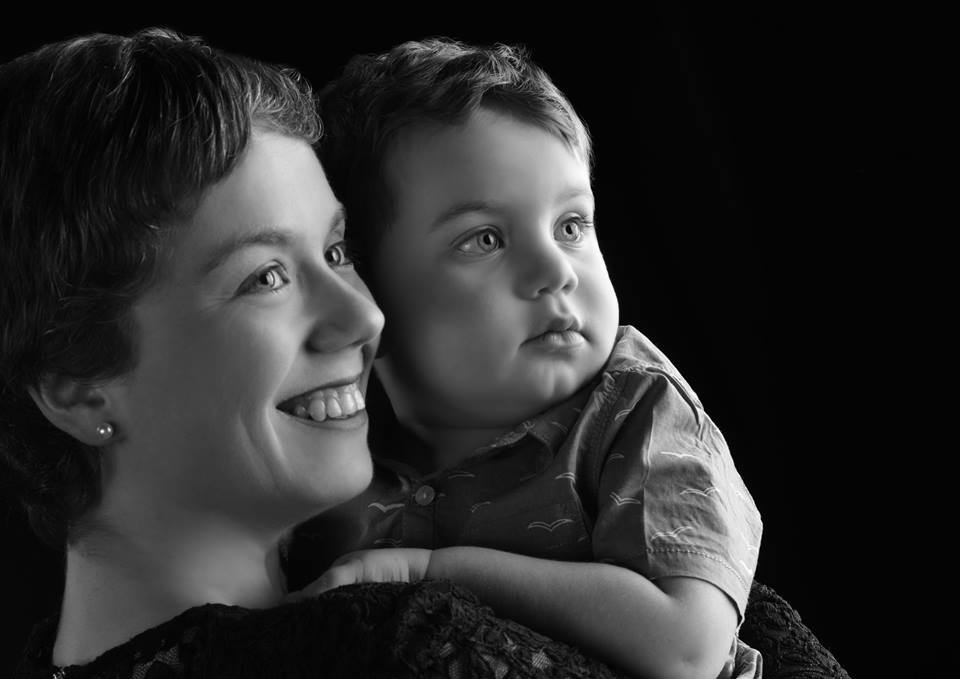Key childhood developmental milestones and what to do if your child isn’t reaching them

One of the best things about parenting is seeing how your baby grows and develops each-and-every day. While it’s amazing to see how your child surprises you with what they learn, it’s also important to keep on top of their childhood developmental milestones. While every child will grow at his or her rate, some irregularities in a reaching key childhood developmental milestones may be early warning signs of autism disorder. That’s why we’ve put together a helpful checklist of key milestones to help you keep on top of your child’s growth and development.
Here are some typical childhood developmental milestones that your child should be reaching at different ages.
3 – 4 months
By 3 – 4 months of age, your child should be able to:
- Turn their head towards loud sounds
- Be engaged while looking at you and smile at the sound of your voice
- Recognise familiar people and objects (such as toys)
- Follow moving objects with their eyes
7 months
By 7 months of age, your child should be able to:
- Respond to the sound of their own name
- Respond to other people’s emotions
- Enjoy face-to-face play with you
- Reach out for objects or people
- Make different sounds and use their voice to express joy or sadness
12 months
As a 1-year-old, your child should be able to:
- Imitate sounds that they hear
- Enjoy playing simple games with other people
- Respond to “no”
- Use simple gestures, such as pointing to an object
- Use different tones when making sounds – or even use simple words such as “mama”
- Turn to the person that called their name
24 months
As a 2-year-old, your child should be able to:
- Enjoy playing with other children
- Understand many words
- Begin to sort objects by their shape and colour
- Remember the names of familiar people and objects
- Follow simple instructions
- Use simple phrases to communicate with others, such as “more food”
3 years
As a 3-year-old, your child should be able to:
- Use a wide range of emotions and easily express affection
- Operate complex toys
- Play make-believe games
- Use simple phrases to communicate with others
- Use some personal pronouns and some plural words
4 years
As a 4-year-old, your child should be able to:
- Cooperate with other children
- Engage in imaginative play
- understand the concept of counting
- Tell simple stories
- Follow more complex instructions
As autism is a developmental and social disorder, not reaching these key childhood developmental milestones could indicate that your child might have autism. When it comes to autism, early intervention is key to ensuring your child grows up to be as happy and independent as possible. You can also reach out to one of our friendly and highly experience behaviour therapists at Lizard Centre to find out more information about our autism early intervention programs.
But remember: every child is unique. It might not mean anything if your child does not reach these key milestones. However, it is a good idea to seek a medical opinion, just in case. Speak to your GP and let them know which childhood developmental milestones your child has reached, and which ones they are struggling with. That should be the first step in figuring out whether your child has autism.
Published On : May 18, 2022
Read more
Published On : May 18, 2022
Lizard Parent Julia shares the next stage of her and her son Michael's journey that is Life after Diagnosis.
Published On : May 19, 2022
The National Disability Insurance Scheme (NDIS) funds reasonable and necessary supports that help a participant to reach their goals, objectives and aspirations, and to undertake activities to enable the participant’s social and economic participation.


